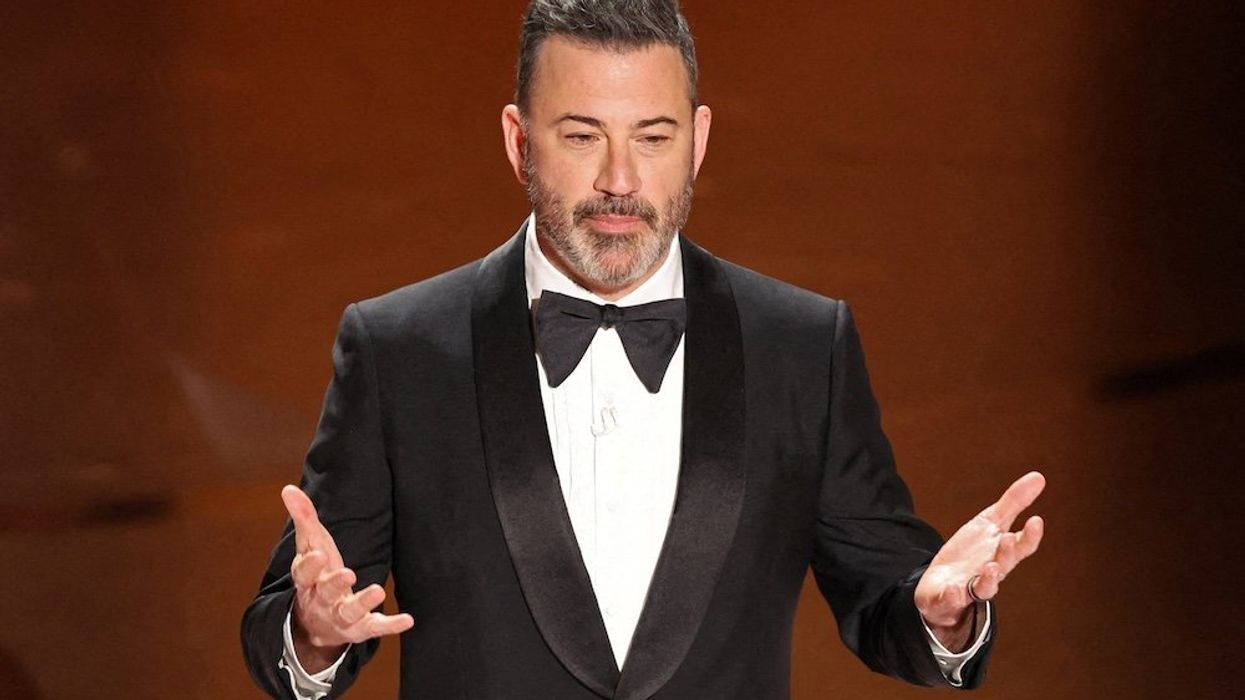ABC's move to pull late-night host and comedian Jimmy Kimmel's show after pressure from a Trump administration official has drawn criticism as a possible government‐forced gag on dissenting voices.
In an article for Politico published Thursday, law professor Aziz Huq argued that Kimmel has a clear constitutional pathway to beat back what amounts to government‐coerced suppression of his speech, by suing not only his network but also the government officials who pressured the network.
On Wednesday, Kimmel was removed from ABC after Federal Communications Commission (FCC) chairman Brendan Carr publicly criticized Kimmel’s remarks regarding the person who allegedly murdered conservative activist Charlie Kirk.
Carr called Kimmel’s statements part of a “concerted effort to lie to the American people” and warned that the FCC had “remedies that we can look at,” suggesting that there would be consequences unless companies like ABC took action.
Shortly afterward, ABC’s affiliate stations (notably those owned by Nexstar) pulled Kimmel’s show “for the foreseeable future,” and ABC itself suspended him.
Moments later, President Donald Trump took to his Truth Social platform to celebrate ABC’s decision to pull Kimmel's show off the air, calling the outcome “great news for America,” attacking Kimmel as having “ZERO talent,” and urging NBC to cancel its own late‑night hosts.
In his article, Huq maintained this was a clear example of government pressure coercing a media company to punish speech.
Turning to his legal claims, Huq contended that the First Amendment protects not only speech itself but protects against government officials using “coercion, threats of regulatory action or economic pressure” to suppress or punish expression.
He argued that because Carr threatened regulatory consequences if ABC did not punish Kimmel, and because ABC complied, the facts provide strong evidence of “specific causation," the link between government threat and media outlet action, that was lacking in some earlier cases about content moderation and government influence over speech.
Huq then drew parallels to earlier suits that challenged government pressure on media or social media platforms (particularly during the Covid‑19 era) and emphasizes that previous Supreme Court rulings have held that government may not rely on “shadowy threats” or indirect coercion to silence speech.
If Kimmel brings suit, Huq wrote, he has a robust legal path not just for damages but also for injunctive relief to stop future government interference.
"The constitution doesn’t guarantee Kimmel a talk show, but it does guarantee that the government won’t quash his speech because of what he chooses to say. Kimmel now has a straightforward suit for damages and forward-looking relief that he can and should file — not just against ABC, but also against the government officials who were the driving force for his embarrassing public disciplining," he wrote.
Huq suggested that if the courts fully recognize and enforce these prohibitions, it could force accountability for regulators who cross constitutional lines.
"If Kimmel sues, it wouldn’t just vindicate his own interests: It would be a way of defending a sorely tested bulwark of the free press, one that has come under increasing strain in recent days and months. It would, in other words, be another way for Kimmel to speak truth to misused power — just with fewer jokes," he added.


